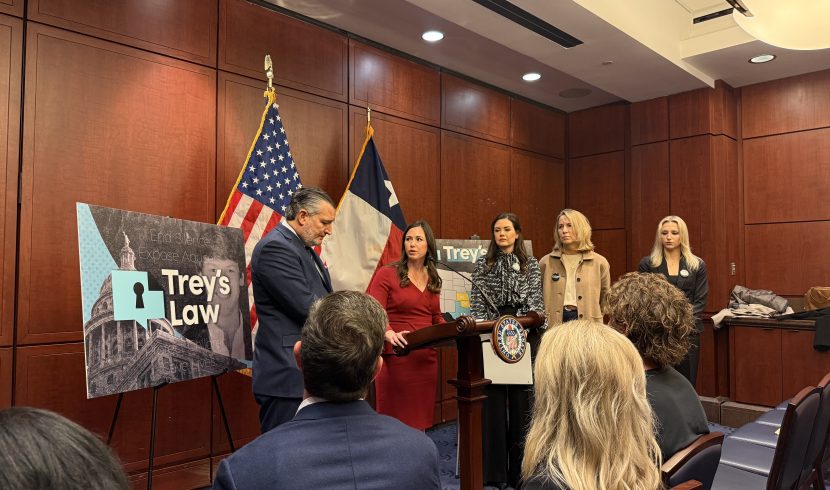Rehabilitating inmates following their release from prison is the goal of Alabama Baptist and North American Mission Board (NAMB) missionary Ken Ellis.
Ellis, a missionary in chaplaincy evangelism who lives in Birmingham, said his ultimate goal is to implement criminal justice ministries in all Southern Baptist churches. His wife, Penny, was also appointed by NAMB and will help Ellis develop the ministry.
“One of the first things we’re trying to identify is who is doing criminal justice ministry or restorative justice ministry work in Southern Baptist churches,” Ellis said.
His efforts come at a time when Southern Baptists find themselves behind other denominations that Ellis said are “well advanced” in helping former inmates.
“The Methodist Church, Episcopalians, Presbyterians have had restorative justice and criminal justice departments for years,” he said. “We’re really behind tremendously.”
Poor record
Baptist churches have historically been involved in prison ministries throughout the nation, Ellis said. “But there has been no common network that have drawn all of these entities together.”
Ellis is developing a database that will list churches currently involved in prison ministries. From there, he will take the information to state Baptist conventions, meet with executive directors and others, “to try to make them aware of the tremendous ministry that’s going on inside our prisons.”
Espousing the belief churches can make a difference, Ellis said there are many opportunities inmates may not have without the support of a church family.
Ellis said the church can also use inmates to further existing ministries.
“We talk about reaching the inner city for Christ,” he said. “What better person to go back into the inner city or to go back into a community than those individuals who have been transformed and renewed from that community.”
Returning incomplete
He cites statistics that say 85 percent of inmates return to society. But Ellis said there is often no reintegration into the community, meaning many of them return “not complete.”
“If you lock a man up 10 years, 15 years, things have changed, and stuff has happened,” he said. “And then we expect him to come back into society to react and do well. (That) is not very logical.
“So the church plays a very pivotal part in terms of keeping the family together, because a lot of these mothers and spouses and children are still part of the community while this inmate is locked up,” Ellis said.
A graduate of Western Kentucky State University in Bowling Green, Ky., and Southern Seminary in Louisville, Ky., Ellis has served in various positions in Kentucky and Illinois.
From 1991-1997, he was a chaplain with the Federal Bureau of Prisons in Washington, D.C. From 1998-1999, he served as chaplaincy associate with NAMB in Alpharetta, Ga.
A graduate of the University of Montevallo, Mrs. Ellis is also a graduate of Southern Seminary. She served as a chaplain with the Federal Bureau of Prisons from 1995-1998.





Share with others: